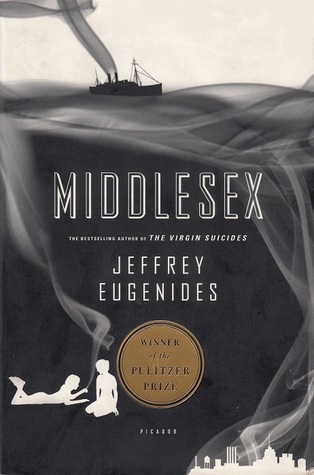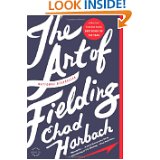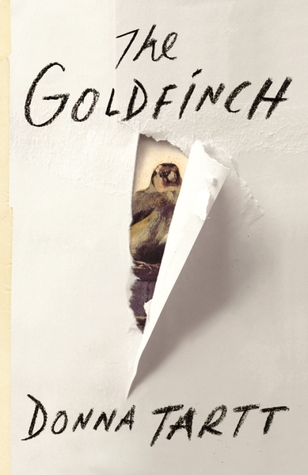WHEN MURDER COMES HOME
Psychologist J.L. Doucette also writes mystery novels. When a body was found buried in the back yard of a house formerly owned by her grandmother, Doucette began to “question my choice of genre as if by writing about murder I was somehow complicit in bringing violence into the world.”
The 50 Greatest Coming-of-Age Novels
The great power of fiction originates in the universality of the particular stories it tells. Since growing up is something we all must do sooner or later, coming-of-age novels are among the most prevalent and most affecting of all.

Here Emily Temple offers her list. I agree with some of her choices: Middlesex by Jeffrey Eugenides, To Kill a Mockingbird by Harper Lee, The Catcher in the Rye by J.D. Salinger, A Tree Grows in Brooklyn by Betty Smith, The Bell Jar by Sylvia Plath, Jane Eyre by Charlotte Brontë, Great Expectations by Charles Dickens, The Adventures of Huckleberry Finn by Mark Twain, A Portrait of the Artist as a Young Man by James Joyce, Cider House Rules by John Irving.

But there are a lot more I would add: The Whistling Season by Ivan Doig, Hotel on the Corner of Bitter and Sweet by Jamie Ford, A Crime in the Neighborhood by Suzanne Berne, The Art of Fielding by Chad Harbach, Special Topics in Calamity Physics by Marisha Pessl, The Life We Bury by Allen Eskens, My Cousin Rachel by Daphne du Maurier, The Extraordinary Life of Sam Hell by Robert Dugoni.
How about you?
Are there other novels you’d add to this list?
Audiobooks or Reading? To Our Brains, It Doesn’t Matter
I hope we can finally put this tiresome argument to rest, thanks to these study results from the Gallant Lab at UC Berkeley published in the Journal of Neuroscience.
HOW READING ROBERT CORMIER’S DARK YA HELPED ME SORT THROUGH MY TEACHER’S DEATH
Fiction writer Brenna Ehrlich describes how the dark, brooding fiction of Robert Cormier helper her, as a teenager, get through the brutal murder of local teacher.
The Goldfinch: can a film solve Donna Tartt’s most divisive book?

While The Goldfinch was a bestseller and won the Pulitzer prize for fiction, it divided critics. One challenge to film-makers is its length (864 pages in the current paperback edition; well over 300,000 words). It was called “Dickensian” by some admiring reviewers, but the largest Dickens novels rely on highly elaborate plotting and a large cast of characters. The Goldfinch offers neither of these.
I loved Donna Tartt’s novel The Goldfinch, but a lot of people did not. The film version will be hitting theaters soon, and I’m eager to see it. But, as this article discusses, many are wondering whether this novel can be made into a satisfactory movie.
© 2019 by Mary Daniels Brown

